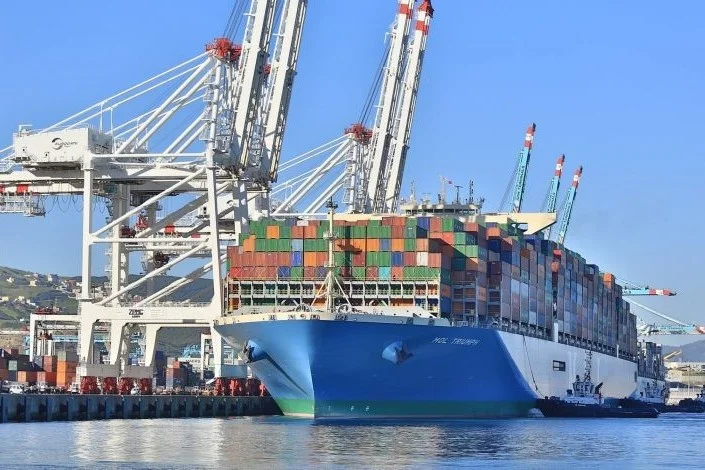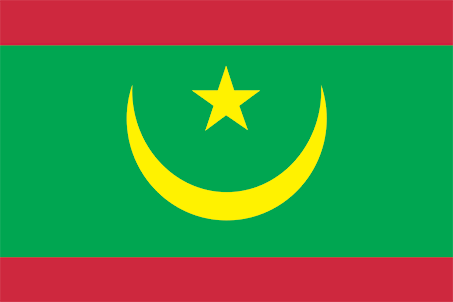Morocco ranks fourth in the Arab world in adopting voluntary sustainability standards in public procurement and trade policies

Morocco ranked 49th globally, sixth in Africa and fourth in the Arab world in adopting voluntary sustainability standards in public procurement and trade policies, according to the report of the United Nations Forum on Sustainability Standards.
Tunisia ranked third, receiving a score of 25.77 percent, while Egypt and Morocco received scores of 28 percent and 26.92 percent, respectively. Globally, Tunisia ranks 58th (out of 192 countries) in terms of adopting these standards.
In Africa, Tunisia ranked 10th after Madagascar (56th), Uganda (53rd), Ghana (50th), Morocco (49th), Egypt (40th) and Ethiopia (37th). South Africa (18th) and Kenya (18th) were also ranked 26) and Tanzania (ranked 36) is among the top 3 African countries in terms of adopting voluntary sustainability standards.
Globally, Brazil (1st), the United States (2nd) and China (3rd) rank at the top of the rankings with more than 40 percent.
The report stressed that “the adoption of these standards is particularly linked to the degree of diversity of export products.”
Isabelle Durant, Deputy Director of the United Nations Conference on Trade and Development (UNCTAD) and coordinator of the forum, said that the United Nations Sustainability Standards Forum is a group of five United Nations agencies that promotes these norms.
These five agencies are the Food and Agriculture Organization of the United Nations (FAO), the International Trade Center (ITC), the United Nations Environment Program (UNEP) and the United Nations. For Industrial Development (UNIDO).
Isabelle Durant noted that voluntary sustainability standards are being recognized as tools for governments to implement sustainable development goals. “If used appropriately with trade policy, they can accelerate sustainable development,” she concluded.
The report defines voluntary sustainability standards as special rules that ensure that products are manufactured or transported according to certain sustainability criteria, such as their environmental impact, basic human rights, labor standards and gender equality.
 Algeria
Algeria Bahrain
Bahrain Comoros
Comoros Djibouti
Djibouti Egypt
Egypt Iraq
Iraq Jordan
Jordan Kuwait
Kuwait Lebanon
Lebanon Libya
Libya Mauritania
Mauritania Morocco
Morocco Oman
Oman Palestine
Palestine Qatar
Qatar Saudi Arabia
Saudi Arabia Somalia
Somalia Sudan
Sudan Tunisia
Tunisia UAE
UAE Yemen
Yemen



